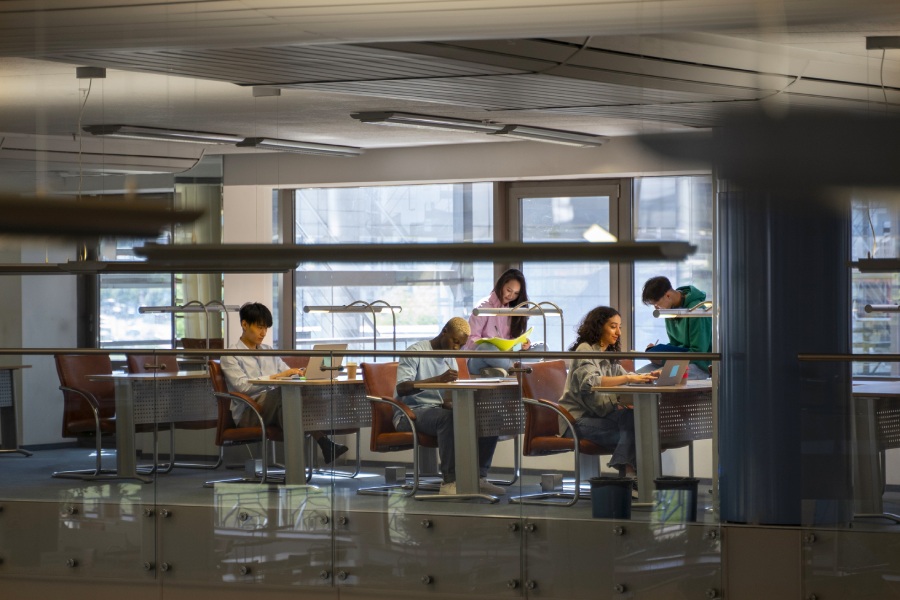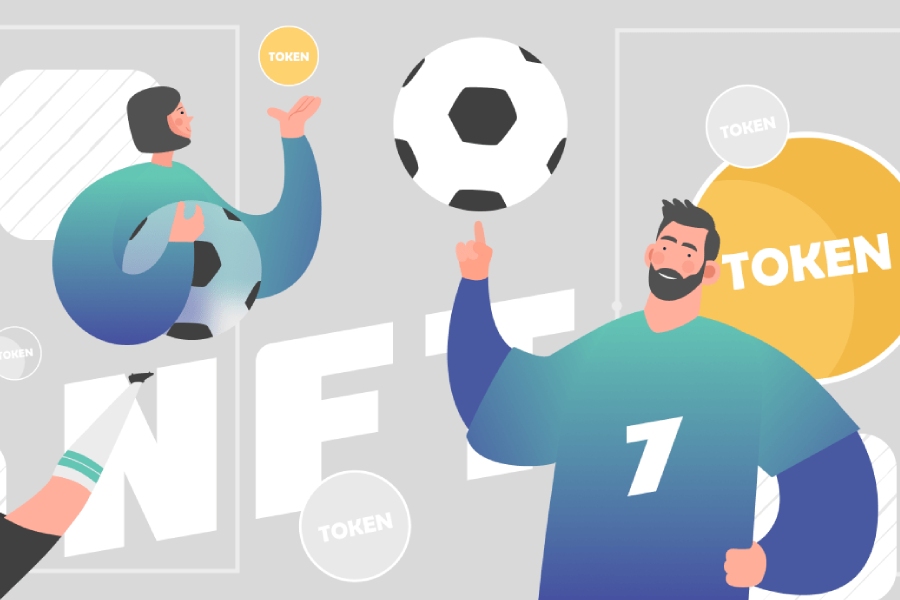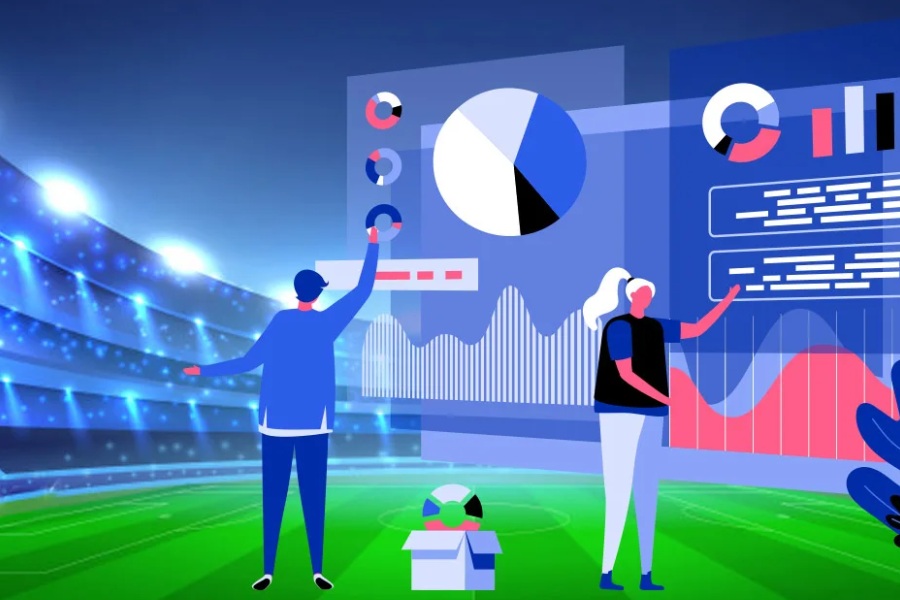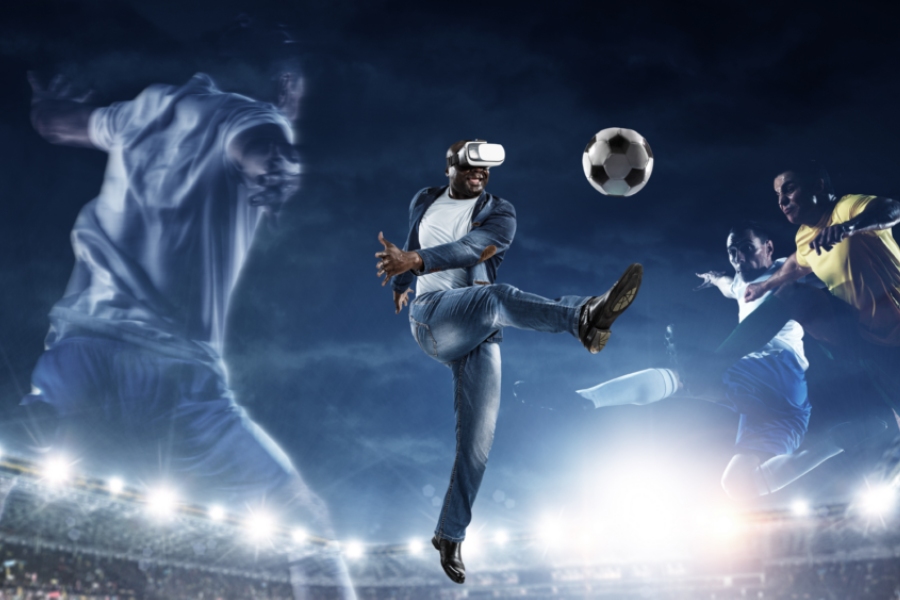In the heart of New York City, a quiet revolution is unfolding within the walls of its bustling classrooms. Artificial Intelligence (AI), once a distant concept reserved for tech giants and research labs, is now making its mark in the educational sphere, transforming traditional learning environments into dynamic hubs of personalized education. This transformation is particularly poignant in NYC, a melting pot of cultures, languages, and socioeconomic backgrounds, where the one-size-fits-all model of education has long been in need of an overhaul.
The Dawn of Personalized Learning
The advent of AI in NYC classrooms has ushered in an era of personalized learning, a pedagogical approach that tailors instruction to meet the unique needs, skills, and interests of each student. AI-driven platforms and tools are at the forefront of this educational paradigm shift, leveraging data analytics and machine learning algorithms to customize learning experiences. These technologies analyze students’ interactions, performance, and learning patterns, enabling educators to tailor their teaching strategies in real-time, ensuring that each student can learn at their own pace and style.
Case Studies of Success
In schools across the five boroughs, from the vibrant streets of Manhattan to the diverse neighborhoods of Queens, AI is making a significant impact. For instance, a middle school in Brooklyn has adopted an AI-powered platform that provides students with personalized math and reading assignments. The platform’s adaptive learning algorithms adjust the difficulty level based on the student’s performance, offering additional practice in areas of weakness and advancing topics when proficiency is demonstrated. This approach has not only improved academic outcomes but also boosted students’ confidence and engagement with the material.
Another notable example is a high school in the Bronx that utilizes an AI-based language learning tool. This tool offers personalized language exercises and real-time feedback, enabling students whose first language isn’t English to improve their proficiency at a pace that suits them, thereby enhancing their overall academic performance and integration into the classroom.
The Teacher's New Role
With AI handling the analytical aspect of personalization, teachers are now free to focus more on the human elements of teaching—facilitating discussions, providing emotional support, and fostering creativity and critical thinking. This shift has not diminished the teacher’s role but rather enriched it, allowing educators to engage more deeply with their students and craft more meaningful and impactful learning experiences.
Challenges and Considerations
While the integration of AI into NYC’s education system offers exciting possibilities, it is not without challenges. Issues such as data privacy, the digital divide, and ensuring that AI systems are free from biases are critical considerations that educators and policymakers are diligently addressing. Moreover, the successful implementation of AI in education requires ongoing professional development for teachers, ensuring they are equipped to leverage these technologies effectively.
Looking Ahead
As AI continues to evolve and become more ingrained in the fabric of NYC’s educational landscape, the potential for further transformation is boundless. By continuing to embrace AI, NYC can provide a model for how technology can be harnessed to create more inclusive, adaptive, and effective educational environments, not just for the city’s students, but as a blueprint for the future of education worldwide.
In this new educational paradigm, every NYC classroom has the potential to become a microcosm of personalized learning, where every student is empowered to reach their full potential, supported by the intelligent, adaptive, and ever-evolving capabilities of AI.








